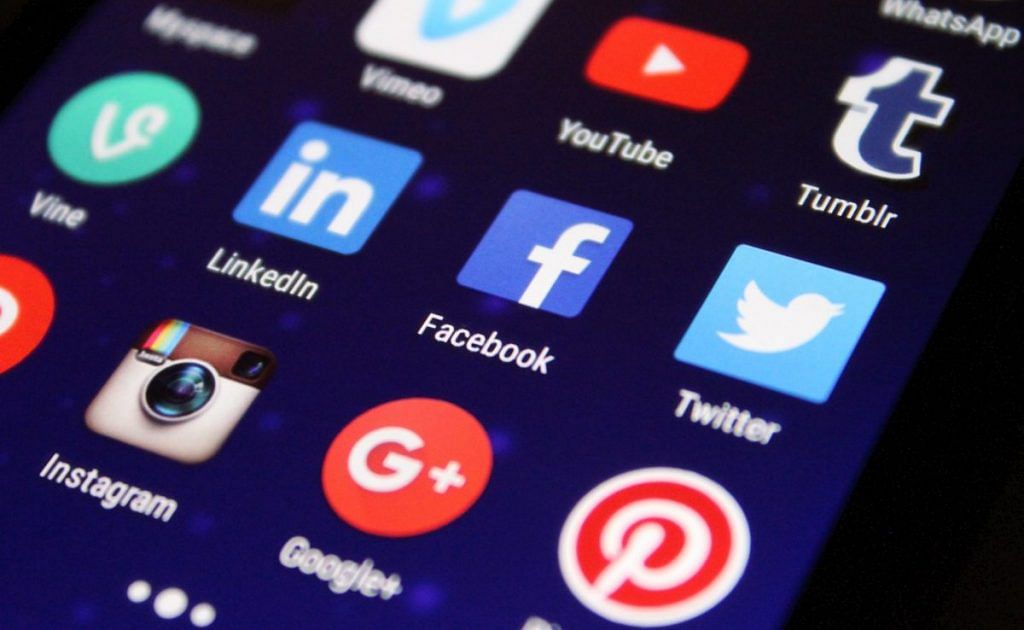A young student speaks up about the growing influence of social media in the way our democracy works.
Is social media going to change the way we vote? Well, mostly it won’t. One way to explain this is by saying that people are resistant to making the slightest of changes in their daily lives. Therefore, a new medium of information won’t really change anything.
But there’s a better point for me to raise in defence of my answer. I take the example of Agloe, New York.
It was a fictional small village marked in the maps of the 1930s by a map-making company called General Drafting. The village was a ‘trap’, put in to check if other companies in the same profession were copying their maps blindly.
And they did! When a rival company also showed Agloe in their maps, people from General Drafting called them out with accusations of plagiarism. However, to their surprise, that fictional hamlet had become somewhat of an actual hamlet, thanks to their own map!
Why did I tell this story? Just to show a sample, highlighting how fake media ‘did’ have an impact, even way back in history. It can be said that maps were a part of print media, which was the de facto mode of information throughout the 20th century. It is not so anymore, as we have the internet now, the web that seeks to connect one and all.
But it won’t change the process through which people obtain information and form opinions. In fact, it will only strengthen it. This is because it is child’s play to customise your social sites and their settings so that you only view what you want to. If you don’t like what people are saying about an incident, just press a ‘dislike’ or a ‘block’ button, and poof, all things similar to that will disappear from your feed.
And then my friend, all that you would be left with will be an echo chamber, just continuously feeding into your confirmation bias. Add in some fake news, and well, forming static opinions is the name of the game. I’ll give an example of the above, because who doesn’t love examples?
Take a person who likes Party A. Now they open their favourite social site and see a post in which some people are saying bad stuff about Party A (these people are from Party B, of course!). No matter whether Party B is right or wrong on the issue, it’s just so easy to remove the post from your wall. Oh! Don’t the forget the very friendly algorithms of the site that will try to make sure that you don’t see anyone saying bad stuff about your beloved Party A again. Add in the fake news pages and groups and then the result is – After every long hard day, you’ll open social media just to find rows and rows of posts praising Party A from friends, strangers and more strangers. Which will confirm what you knew all along, Party A can never be wrong!
In short, social media is not scary if it changes the way we vote. It will, and is becoming scary, by stopping us from seeking alternatives; by trying to hide the faults in the people we elect; by blinding us from making the decision to change our vote.
Kumar Prasun, a student of BITS Pilani Hyderabad Campus, is the winner of the opinion writing contest on the fifth edition of Democracy Wall. This was in a response to the question asked by ThePrint: Is social media going to change the way we vote?
Democracy Wall is a monthly free speech campus initiative organised by ThePrint in collaboration with Facebook.
